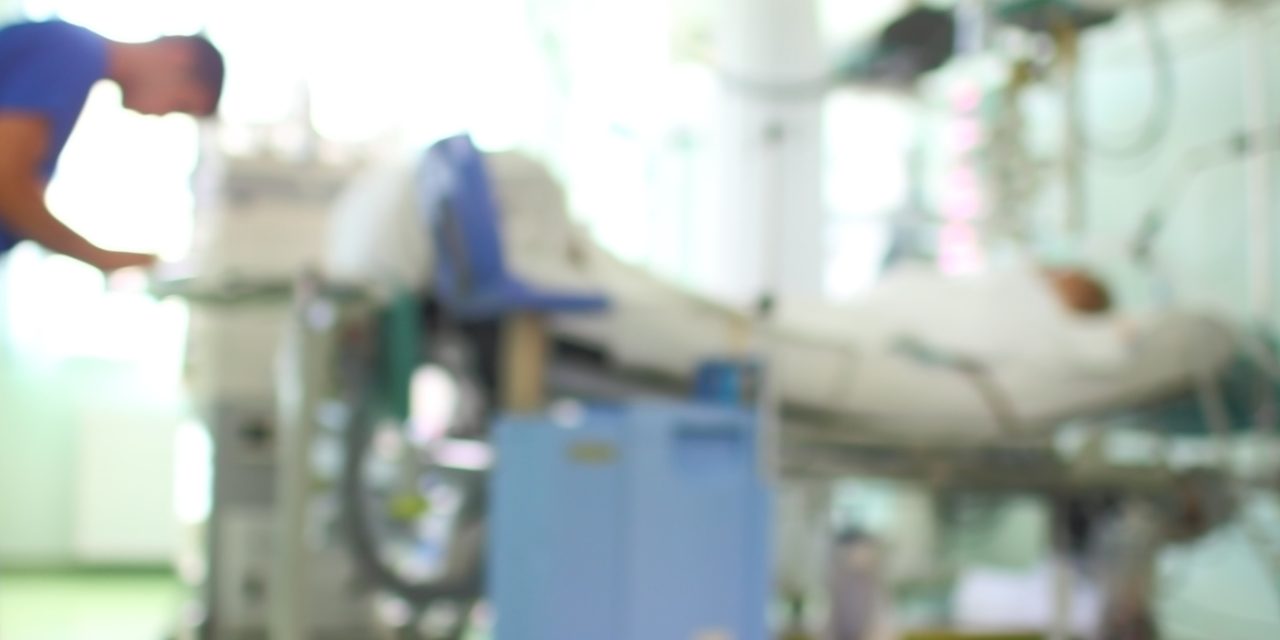Coagulation factors may inform on liver function during normothermic machine perfusion (NMP). We investigated whether graft ischemic injury impairs the accumulation of (anti)coagulation factors during NMP of porcine and human livers.
Dynamics of FV, FVII, FVIII, FIX, FX during NMP and their correlation with graft injury was investigated in porcine livers with minimal (no warm ischemia, n=5) or severe injury (60 minutes warm ischemia, n=5). Next, FV, FVIII, FIX, fibrinogen, and antithrombin were measured in 35 matched human liver NMPs from the COPE trial. Correlation of these factors with outcomes was explored. Livers were categorized in 4 groups depending on donor type and post-transplant peak aspartate aminotransferase (AST) as surrogate of minimal (peak1000 IU/L).
Factor concentrations increased significantly during NMP regardless of severity of injury. In porcine livers, factor concentrations were 2-6 fold lower in severely injured grafts (all p<0.05). All factors negatively correlated with AST (coefficient range -0.50 to -0.93; all p<0.05) and lactate (range -0.51 to -0.67; all p<0.05). In human livers, no difference in factor accumulation rates and no correlation with other markers was observed. One graft with primary nonfunction had low rate of factor accumulation.
(Anti)coagulation factors accumulate during NMP regardless of donor type and severity of injury. In pigs, severe ischemic injury resulted in significantly lower factor concentrations. In human livers with life-sustaining function, they do not correlate with hepatic injury. Whether low concentrations predict nonfunction in high-risk livers with severe injury requires further investigation.
Copyright © 2021 Wolters Kluwer Health, Inc. All rights reserved.
Coagulation Factors Accumulate During Normothermic Liver Machine Perfusion Regardless of Donor Type and Severity of Ischemic Injury.


